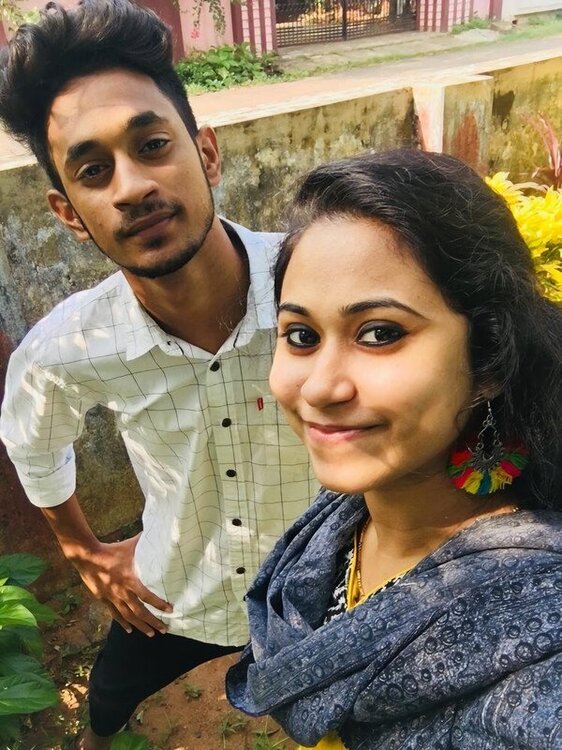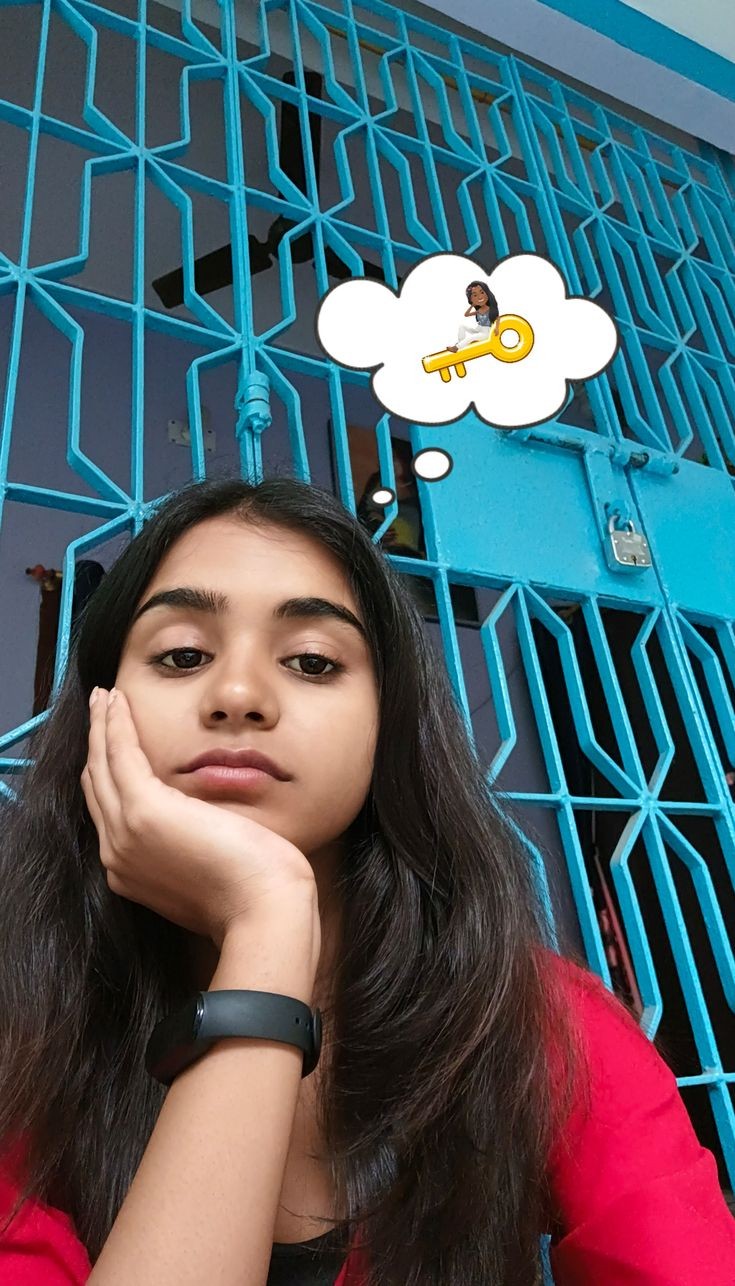Is the proliferation of desi mms content contributing to a larger cultural dialogue about privacy, consent, and digital ethics? A surge in online platforms hosting explicit desi content has sparked heated discussions worldwide. The internet has transformed how people consume media, but with this shift comes complex questions about legality, morality, and societal norms. In recent years, websites such as XNXX, EroMe, and DesiXxx.Love have become hubs for sharing desi mms videos, often sparking controversy over their origins and implications.
The term desi mms refers to intimate clips or images originating from South Asian communities. These clips often depict consensual acts between adults but occasionally raise concerns regarding unauthorized distribution. While some argue that these platforms provide an outlet for adult entertainment within cultural contexts, others criticize them for exploiting individuals without proper consent. For instance, a popular search query like pakistani desi mms leads users to numerous results on various sites, including leaked content purportedly involving private citizens. This raises ethical dilemmas about respecting personal boundaries in the age of viral sharing.
| Bio Data & Personal Information | Career & Professional Information |
|---|---|
| Name: Anonymous Individual | Profession: Content Creator / Amateur Performer |
| Age: Varies (Dependent on Content) | Platforms: XNXX, EroMe, DesiXxx.Love |
| Location: Various Regions Across South Asia | Reference Link: XNXX Official Website |
One notable example is the infamous Leaked Desi MMS XXX! video, which gained significant attention due to its portrayal of an Indian shop owner engaging in sexual activity with a salesgirl. Such content not only garners millions of views but also fuels debates about workplace dynamics and power imbalances. Critics argue that such portrayals perpetuate stereotypes while undermining legitimate concerns about exploitation and harassment. Meanwhile, supporters claim these videos represent consensual acts shared voluntarily by participants.
Amidst this backdrop, archives dedicated solely to desi bhabhi xxx content have emerged as niche markets catering specifically to audiences interested in marital infidelity themes. These collections frequently include scenarios involving cheating scandals, taboo relationships, and romantic encounters involving married women, MILFs, and bhabhis. Websites like DesiXxx.Love capitalize on consumer demand by offering curated selections under categories designed to appeal directly to target demographics. However, they simultaneously face scrutiny over whether all materials comply with legal standards concerning age verification and informed consent.
In response to growing public outcry against non-consensual uploads, several major platforms have implemented stricter moderation policies aimed at curbing illegal activities. Nevertheless, enforcement remains inconsistent across jurisdictions, leaving many victims vulnerable to further abuse through repeated reposting of sensitive material. Furthermore, technological advancements enabling deepfake technology add another layer of complexity to addressing issues related to authenticity and accountability within this space.
As we delve deeper into understanding the impact of desi mms culture, it becomes evident that there exists a fine line between freedom of expression and protection of individual rights. On one hand, creators who willingly participate in producing adult content deserve recognition for exercising creative autonomy; on the other hand, victims whose identities are compromised without permission warrant justice and restitution. Balancing these competing interests requires collaborative efforts from lawmakers, tech companies, and civil society organizations alike.
Looking ahead, education plays a pivotal role in fostering responsible digital citizenship among users. Initiatives promoting awareness about copyright laws, data privacy, and cyberbullying can empower individuals to make informed decisions when interacting online. Additionally, encouraging open dialogues around sexuality within diverse cultural settings may help demystify taboos surrounding human intimacy, ultimately leading to healthier attitudes towards representation in media.
Ultimately, the future trajectory of desi mms depends largely on how stakeholders address existing challenges while embracing opportunities presented by evolving technologies. By prioritizing transparency, inclusivity, and mutual respect, we can work towards creating safer spaces where creativity thrives alongside dignity and integrity.



